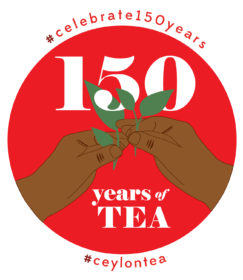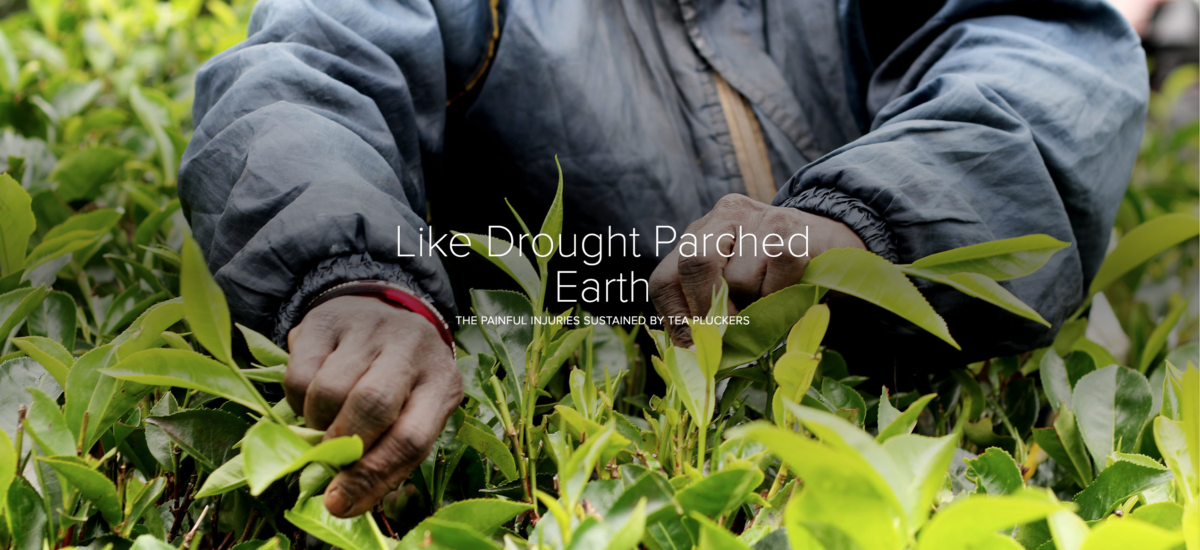Editor’s Note: The following is a translation of a photo essay produced by Maatram‘s editor, Selvaraja Rajasegar.
“I apply castor oil to my fingers and hold them over the fire. That is the medicine. For two days, I can pluck tea. After that, the pain comes back. So I treat my fingers again with castor oil” said tea plucker Perumal Danalechchumy, forty-nine years old.
Danalechchumy has five children; three of them go to school, and the other two work in Colombo. She was sixteen years old when she began plucking tea. Her fingers resemble the drought-parched earth – filled with cracks. The tea stains her hands, like blood.
View the full story, produced on Adobe Spark, here, or below:
2017 marks 150 years of tea production in Sri Lanka. To mark this anniversary, there have been several celebratory events and activities, including a Global Tea Party, an International Tea Convention and a charity auction organised by a variety of stakeholders including the Ceylon Tea Traders Association, the Sri Lanka Tea Board, the Tourist Board and tea companies. While these events have received wide coverage, there is little mention of the tea plantation workers, without whose contribution the industry would not exist.
With this in mind, Groundviews launched a series of audiovisual stories aimed at raising awareness on the difficulties faced by estate workers and the changes in the industry (or lack thereof) over the past 150 years.
To view the rest of the content for this series, click here.



